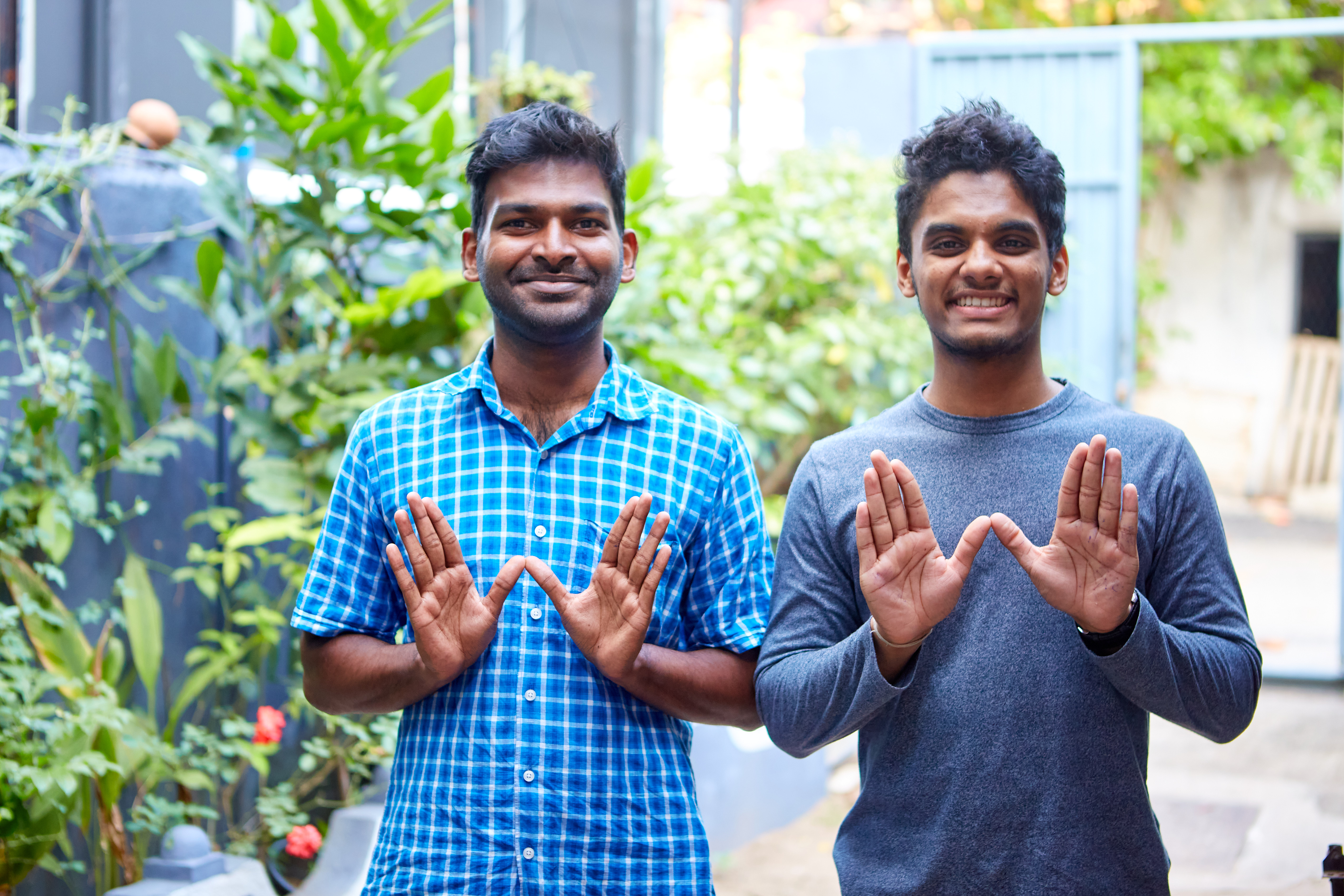The World Mosquito Program's self-sustaining method uses safe, natural bacteria called Wolbachia to reduce the ability of mosquitoes to transmit viruses between people.
With strong community support and government approval, we have been working in dengue-prone areas across northern and far northern Queensland since 2011, including large parts of the Cairns and Townsville regions. The cornerstone of our approach is community engagement, with tens of thousands of Queenslanders supporting our projects.
(Data updated 30 June 2023)


Since our first mosquito releases in Northern Queensland in 2011, long-term monitoring shows that Wolbachia has become self-sustaining at high levels. In areas where high levels of Wolbachia are present, there has been no evidence of local dengue transmission. We are continuing to monitor Wolbachia levels in the local mosquito populations across Townsville, Charters Towers, Douglas Shire, Cairns and the Cassowary Coast.
Research in Australia is helping us to refine our approach and adapt it for use internationally. Our project in Townsville was the first to show that Wolbachia could be deployed at a city-wide scale through community mosquito releases, with no local dengue transmission after four rainy seasons. Today, our unique method is gaining the support of governments and communities around the world as a low-cost and sustainable tool to prevent the transmission of mosquito-borne diseases.


Our work in Queensland is continuing as local health authorities adopt our innovative Wolbachia method and implement new projects in Ingham and the Northern Peninsula Area, to protect communities from mosquito-borne diseases. The Dengue Safe Project Ingham is a partnership between Townsville Hospital and Health Service, Hinchinbrook Shire Council and the WMP. The Dengue Out Program is a collaboration between the Tropical Public Health Service, the Northern Peninsula Area Regional Council and the WMP (for more information, contact the Tropical Public Health Service).
Factsheet




